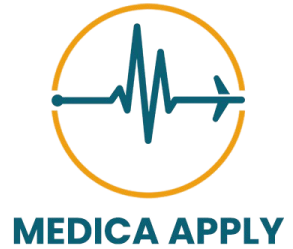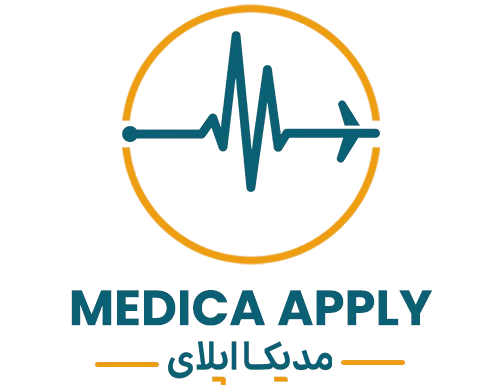Our Services
Studying Medical Sciences Abroad with Medica Apply
Your Trusted Partner for Medical Studies Abroad
At Medica Apply, we are committed to helping students achieve their academic and professional dreams. As official representatives of some of the most prestigious medical universities and colleges in Europe, we provide comprehensive support—from choosing the right university to navigating the application process and preparing for entrance exams.
Our Mission:
To empower future healthcare professionals by providing personalized guidance and access to the best medical education opportunities across Europe and Asia.
- A thorough review of your conditions to choose the best country and university.
- Providing complete information about the rules and regulations for the validation of academic credentials in Iran and the destination country (very important).
- Educational planning tailored to your goals and budget.
- Analyzing the language proficiency requirements of your target country and providing a specialized plan.
- Improving the required language proficiency level.
- Comprehensive support provided by the team based in the target country.
- Obtaining academic admission and visa.
What fields do we specialize in?
- Medicine.
- Dentistry.
- Pharmacy.
- Pre-medical courses and entrance exam preparation for medical universities in Hungary and all of Europe.
Paramedical fields include:
- Physiotherapy
- Nursing
- Optometry
- Nutritional Sciences

Frequently Asked Questions (FAQs)
Does studying medical sciences abroad require a language proficiency certificate?
Yes, most universities require a language certificate. However, some universities offer admission without one, but this may negatively affect your chances of obtaining a visa.
How much are the tuition fees for medical sciences programs abroad?
The costs vary depending on the country and university. Generally, tuition fees for medical sciences range from $5,000 to $30,000 per year. Living expenses also depend on the chosen country.
Is it possible to receive a scholarship for studying medical sciences abroad?
Yes, some universities and institutions offer scholarships based on academic merit or financial need. However, full scholarships for medical programs are usually more limited.
Is it possible to work while studying medical sciences abroad?
Yes, students are usually allowed to work 20 hours per week during their studies and full-time during holidays. After graduation, they can apply for permanent residence by securing a related job.
What are the requirements for obtaining a dependent visa for family members?
In most countries, the spouse and children of students can obtain a dependent visa. In some countries, the spouse of the student is allowed to work full-time, provided they meet legal requirements such as paying taxes and having insurance.

